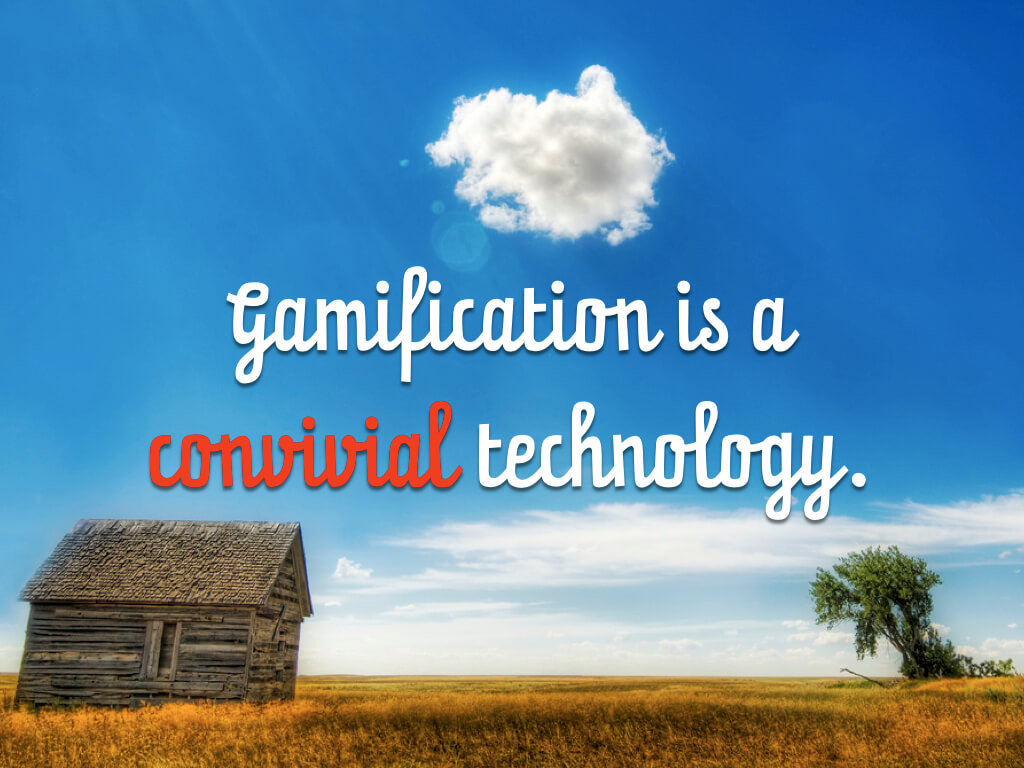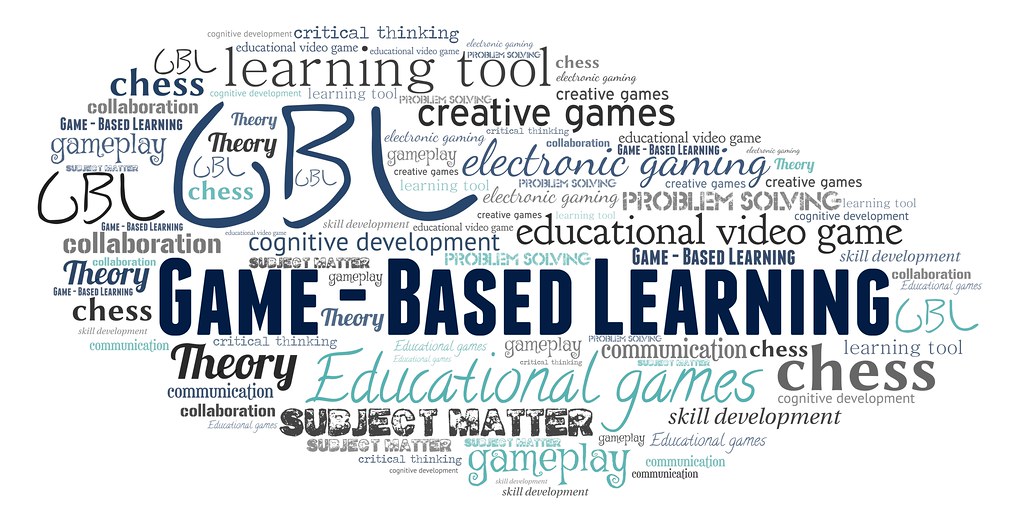Gamification and game-based learning have been trending terms in learning circles for quite some time now. Thanks to their ability to improve the effectiveness of training.
While there is truth in the ability of these concepts to improve training outcomes, there is some confusion surrounding them.
Many people are confusing the terms gamification and game-based learning as interchangeable. The truth, however, is that both are very different concepts.
In this blog post, we will try to understand the difference between gamification and game-based learning so you can make an informed decision about which you want to include in your training courses.
Let us begin by understanding gamification:

Gamification
Gamification, in the simplest terms, is the practice of adding game elements to training modules in order to drive learning objectives.
Point systems, leaderboards, badges, levels, are some examples of game elements that instructional designers add to their courses.
Applications Of Gamification
The concept of gamification is not limited to learning, but like other areas, gamification does have a positive effect on learners, particularly in matters of productivity and motivation.
In a study, 67% of students reported that a gamified course was more motivating than a traditional course.
The best part about gamification is that its subtle, yet effective. Simple gamification elements that don’t mess with the user’s experience or the delivery of course material can bring drastic changes in the motivation levels of students.
Language-learning app and website Duolingo is perhaps the most famous example of a gamified learning platform. The platform has turned lessons and assessments into challenges and levels in a bid to make the otherwise frustrating process of learning a new language a bit more pleasant.
Game-Based Learning

Game-based learning refers to the practice of learning through games. Game-based learning or GBL is a proven technique to help students learn a skill discreetly, with the help of a game designed for the purpose.
GBL may sometimes involve simulations of a real-life situation in the form of a game. GBL is especially effective when it comes to sharpening skills like critical thinking and problem-solving.
Applications Of Game-Based Learning
Great for retention and introducing new topics, GBL has been used in traditional classrooms for decades now.
Engaging students in a game that teaches them skills or concepts is a known teaching skills that most teachers worth their salt have mastered. Thanks to its interactive nature, game-based learning shows fantastic effects in learning outcomes.
The best part is, the games don’t have to be online to be effective. Offline games have long been part of team building activities. At the same time, if you want a game to facilitate standardised learning for a distributed or an extended workforce, there are several game based learning companies that will help you design an effective solution that also fits within your budget.
GBL has proven so effective that is now being turned into game-based recruiting. Organisations are using the concept of to create games that test whether applicants can perform their jobs, in a risk-free environment. Such experiences not only help an organisation to decide if the applicant is qualified for the job but also lets the applicant get a taste of what their future job may be like.
Conclusion
Being very different concepts, both gamification and game-based learning have their own advantages.
While confusing them can prove to be a costly mistake, being able to make an informed decision about which technique will be beneficial to your most pressing learning goals can help you improve the effectiveness of your training program.
Hope this blog post was helpful in this matter. If you have any questions, drop them in the comment section.